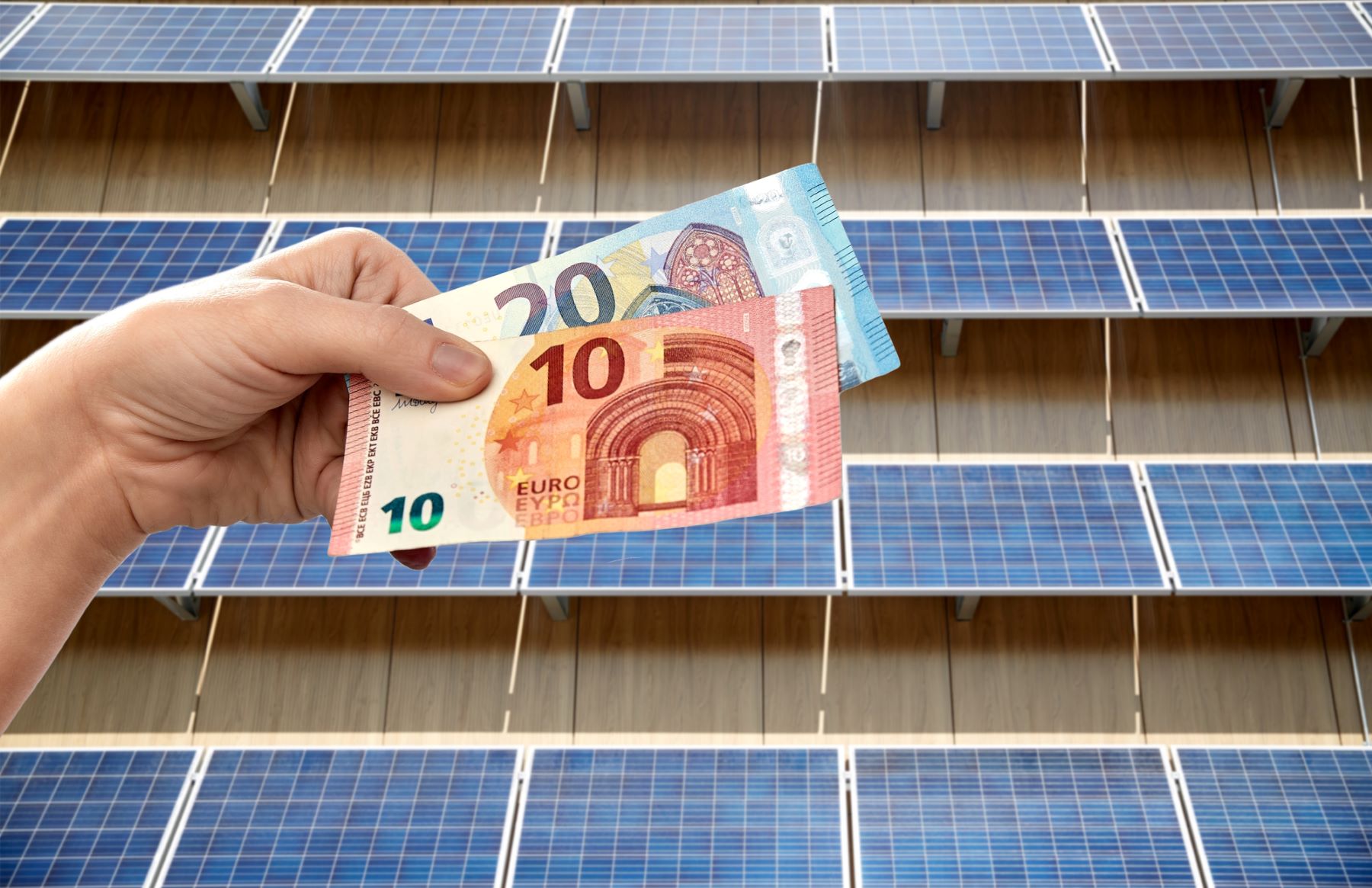Of every four owners in Catalonia, one has solar panels or has already started doing so betting on self-consumption of photovoltaic solar energy. And they do this mainly because significant economic savings are possible, but also because they are aware of the need to reduce energy consumption.
In recent years the Solar energy has aroused great interest among citizenseven though there is still a long way to go. However, there are regions where consumers have an advantage over others in terms of the level of knowledge about self-consumption. Concretely, Catalonia is positioned as one of the leading autonomous communities in terms of own consumptiondriven, among other things, by greater social awareness of sustainability and a favorable regulatory framework.
In fact, the Catalans are among the consumers with more knowledge about self-consumption in Spain. Nationally, only 19% of homeowners admit to being quite or very knowledgeable about solar panels, while Catalonia (25%) is in the top 3 regions with the most knowledge – a figure that drops to 16% in the metropolitan area from Barcelona. followed by the Balearic Islands (25%) and Andalusia (25%).
This is evident from the conclusions of “InformeSolar. X-ray of self-consumption in Spain 2024”, the most complete and updated study on the Spanish market, prepared by The Cocktail Analysis for SotySolar, with the support of the association Unión Española Fotovoltaica (UNEF) and Aiko Energy.
As for solar energy penetration in Catalonia, the 26% of Catalan homeowners have installed or started installing solar panels (requested information, started the procedure or was seriously considering it), a figure higher than the national average (22%).

In particular the 8% have already installed solar panels in their single-family home or apartment. Of the remainder, 18% are potential solar consumers because they are seriously considering or are already considering installing solar, and 74% are not considering it for various reasons, as highlighted by InformeSolar.
“We can confirm that The energy market is in a period of maturation and remarkable consolidation. Despite the fact that there is a high level of ignorance among the general public about solar energy and its great benefits, Catalans are among the most knowledgeable consumers in Spain.
We see how self-consumption in Catalonia has experienced significant growth in recent years, driven by a combination of economic, environmental and social consciousness factors. The sum of these factors has ensured that the self-consumption is an increasingly attractive option for Catalanswho want to save money on their energy bills, reduce their impact on the environment and contribute to a more sustainable future,” says Daniel Fernández, co-CEO and co-founder of SotySolar.
What’s behind the pro-self-consumption movement in Catalonia?
According to the data from this SotySolar study, the economic savings on the electricity bill is main reason for deciding to install photovoltaic panels in all regions (60% Spain and 21% in Catalonia) except the Barcelona metropolitan area, where the reduction of energy consumption predominates (31%).
In a second step there are reasons related to sustainability (being more sustainable and polluting less 17%), and with independence (16% generate their own electricity and 13% reduce dependence on electricity companies).
The least important aspects for the Catalans when making the decision are the changing price of energy, the use of solar energy and the availability of subsidies or tax breaks. For consumers in the Barcelona metropolitan area, the least important reasons are dependence on electricity companies, changing energy prices and sustainability.
The obstacles to self-consumption
As for the obstacles to installing plates among Catalans: the high initial investment is the main obstacle for 18% of homeowners (a figure that rises to 20.5% in the AMB) and living in a community of neighbors is that for almost 14% of the inhabitants. owners (a figure that rises to 15% in the AMB). Also notable is that 12.6% of Catalans claim that their electricity bills are going down installation for self-consumption, the savings would be smaller.
“Despite technological advances and… growing awareness about the importance of solar energyenvironmental protection and energy saving, there is still a long way to go before reaching its full potential. However, in recent years we have seen Catalonia position itself as one of the leading areas of autonomy in self-consumption.
This is partly due to the fact that the Generalitat has introduced incentives and simplified administrative procedures to encourage installation. Furthermore, the region benefits from high solar radiationwhich makes investing in solar energy particularly profitable,” concludes the co-founder of SotySolar.
Catalonia and residential self-consumption
According to an analysis by SotySolar, Catalonia has approximately 2,582 hours of sunshine per year, which corresponds to the national average (2,588 hours). So one The average self-consumption installation in a Catalan home becomes profitable after approximately 6.4 years; The average investment is approximately €5,500.
In terms of installation type, the average is a single-family home, with a average consumption of €157.23/month and an average contracted power of 5.4 kWh. According to the company’s data, Barcelona, Lliçà d’Amunt, Sant Quirze del Vallès, Reus and Vallirama are the 5 Catalan municipalities with the highest number of self-consumption facilities in Catalonia.
“With all this data, it is clear that Catalonia is a… privileged region for the exploitation of renewable energy sourcesat a household, business or industrial level. This is evident from our data: last year we experienced a 16% growth in demand for domestic self-consumption installations compared to the previous year, and the data also points to a positive end to 2024,” the manager emphasizes .
The biggest obstacles Catalans face when it comes to choose solar panels and self-consumption It is the high initial investment that must be made, but thanks to the quick profitability and the number of hours of sunshine per year, this option is becoming increasingly popular.

